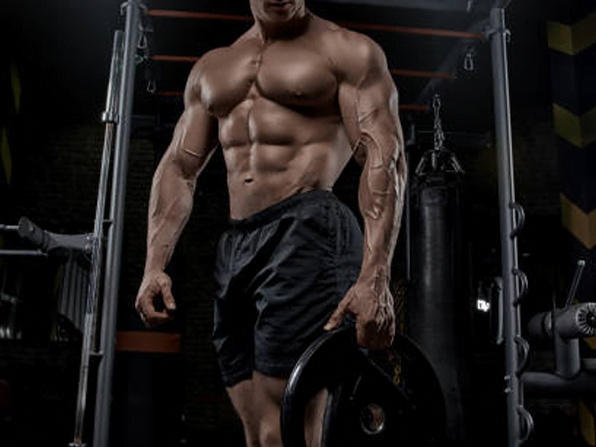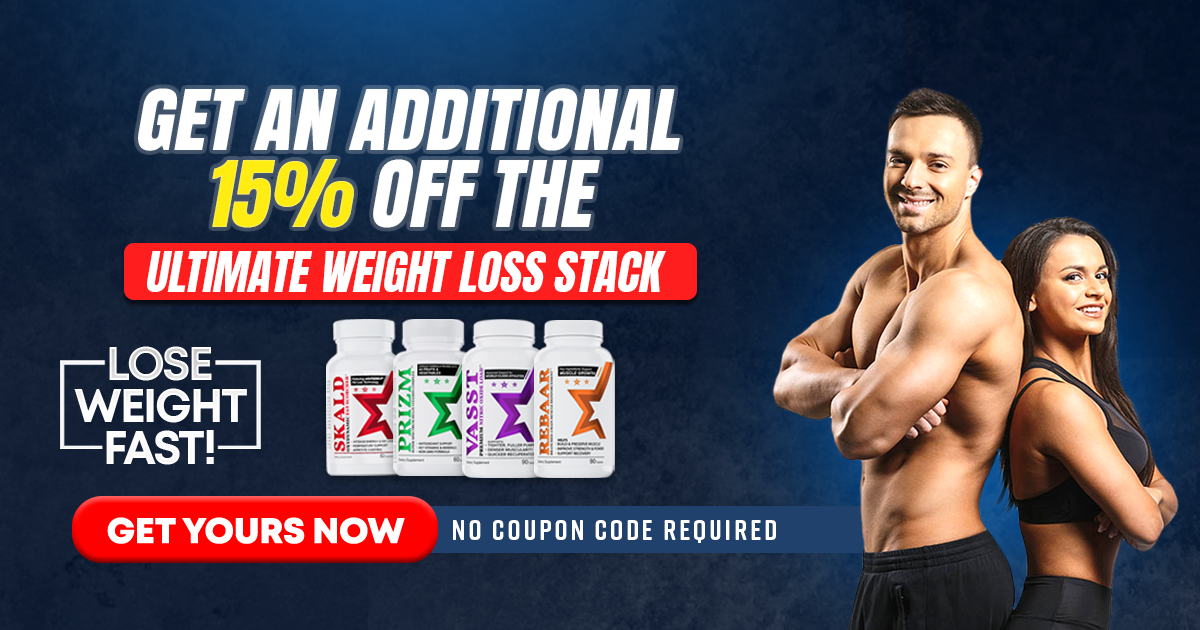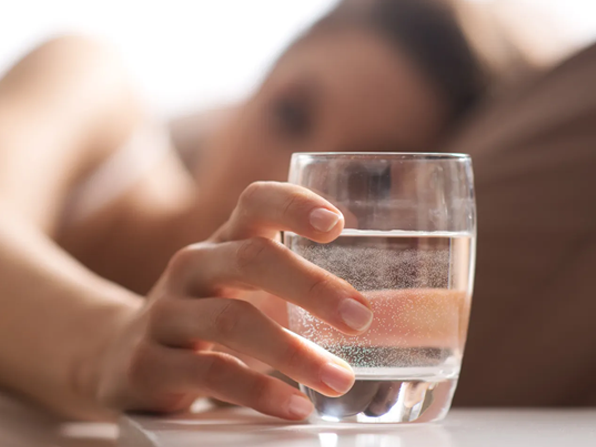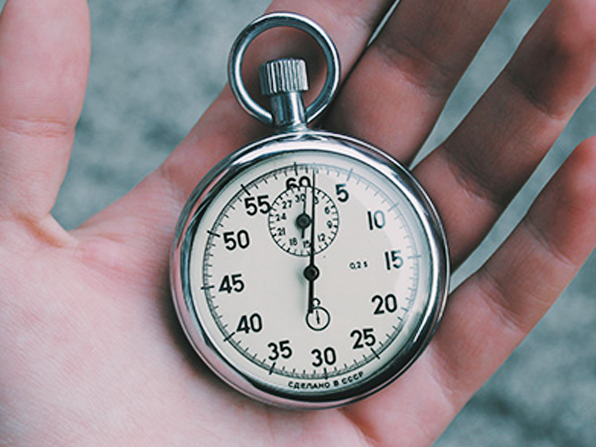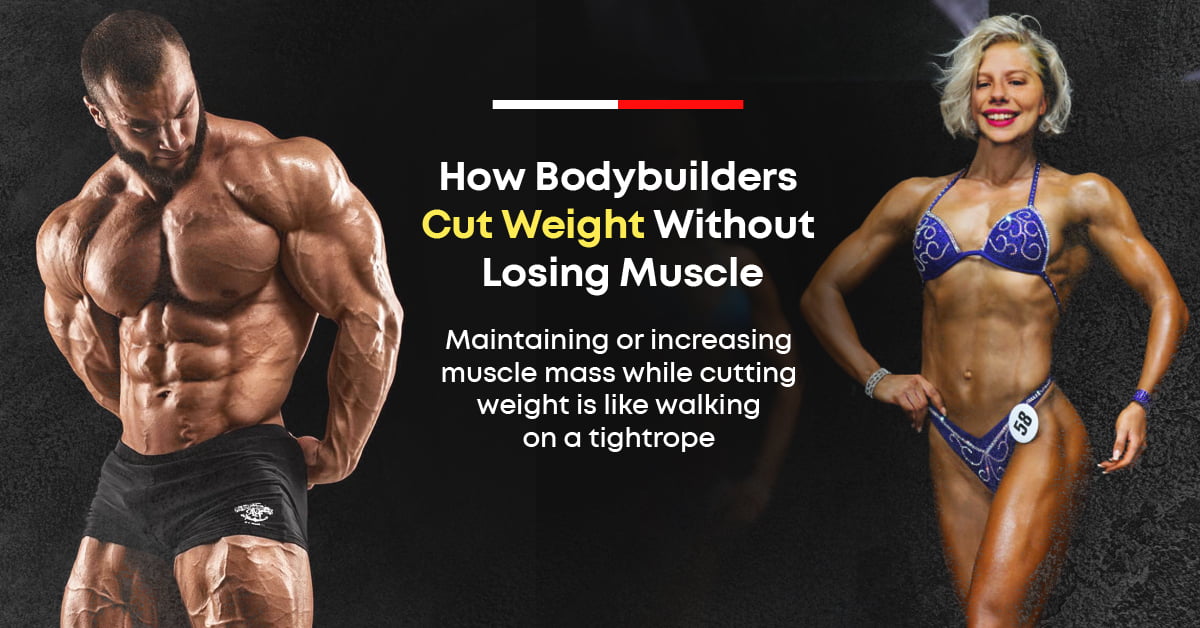
When you're trying to get shredded or just a bit leaner, one question comes to mind:
Can I lose body fat while preserving muscle mass?
Yes, with the right approach to diet, exercise, and supplements, you can lose fat but not muscle.
It's a question I often get asked by folks at the gym. In my experience, learning from the pros is the best way to achieve any fitness-related goals. With that being said, what we'll talk about in this article is:
How Do Bodybuilders Lose Fat Without Losing Muscle?
To lose fat while preserving muscle mass, bodybuilders go through what’s known as a cutting phase to acquire a stage-worthy physique after bulking (the muscle growth phase).
While bodybuilding is all about getting bigger and stronger, the muscle growth phase is only half the process and can leave muscles concealed under a substantial amount of body fat.
However, cutting fat without muscle loss can be tricky when maintaining a desired body weight.
So, let me tell you how the pros make it happen.
What Bodybuilders Do During the Cutting Phase?
During the cutting phase, bodybuilders carefully manage their calorie intake by creating a moderate calorie deficit to promote fat loss without sacrificing muscle tissue. They also incorporate resistance training and cardio into their workout routines to optimize the process.
Cutting may take anywhere from 4 weeks to 3 months, depending on your goals. Regardless of the period, it requires careful planning and dedication to achieve a lean and muscular appearance without compromising your body composition.
I mean maintaining a healthy body fat percentage based on age and gender.
Here are the numbers according to WebMD's chart:
The percentage for women aged 20-39 is 16-25%. For men in the same age group, healthy is between 7 and 21%. For women aged 40-59, a healthy percentage is between 19 and 31%, and for men is 14-24%.
Too low body fat can lead to complications with blood pressure, hormones, energy levels, and more. I've seen a few folks in that situation, and you don't want to be there.
So, just like with bodybuilders, your objective must be finding a balance between your body fat percentage, health, and physique.
Now, let's talk about calorie deficit when the goal is losing body fat without losing muscle.
How Do You Count Calories When Cutting Fat?
Calorie intake is the crux for bodybuilders. It requires precise nutritional measurements to cut fat, maintain muscle mass, and ensure good health.
The same applies to you even as a fitness enthusiast, and here is a piece of advice from me:
The slower you lose weight, the better!
That said, a healthy recommended weight loss target is around ½ to 1 percent per week. Knowing exactly how many calories you’ll need per day is a lot easier with the help of a Goal Weight Calculator.
It's a handy tool that only needs basic criteria to help determine the ideal calorie intake you’ll need to achieve your goals. It can also help you plot an efficient meal plan, eating times and even find room for dietary flexibility.
It’s important to understand how to achieve Caloric Distribution that is both healthy and effective in losing fat while maintaining muscle mass.
According to the International Sports Sciences Association (ISSA), when cutting, bodybuilders consume 10-20% fewer calories than what's required to maintain weight.
In order to successfully trim weight without losing muscle, I'd recommend utilizing macro splits (macronutrient ratio of carbs, fat, and protein calories) to structure your diet.
Let’s get into a little more detail.
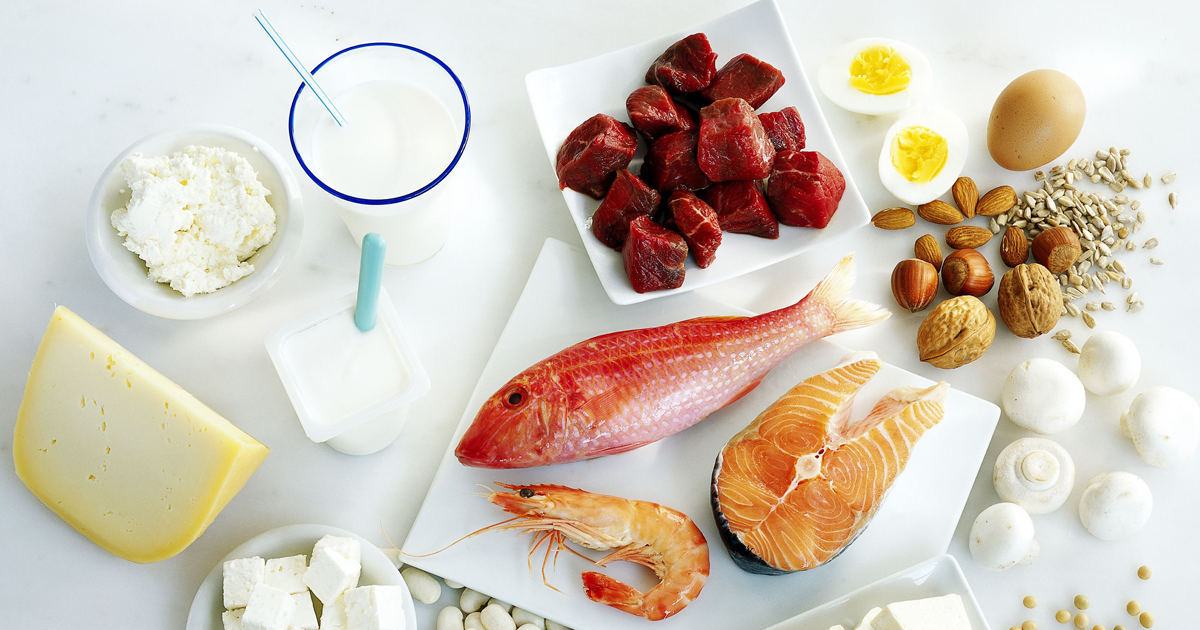
Macros to Lose Fat But Not Muscle
Your diet should be based on high protein intake, carbs, and healthy fats to support muscle maintenance and energy levels.
Protein: A Bodybuilder’s Best Friend
Protein is essential to muscle building, among countless other physiological functions, so it should be a key staple of your diet.
It gives you energy before and after workouts, helps stabilize your appetite, burns fat, and (of course) builds and maintains muscle mass.
Just like bodybuilders, you must be a protein strategist to succeed.
What I mean is to capitalize on the anabolic window (when protein and carbs are more efficiently absorbed), optimal protein sources, and how to balance protein distribution throughout the day.
While bodybuilders' doses are between 2-2.5 grams, when cutting, I consume 1 to 1.5g of protein for every pound of lean body mass, and apply different methods to control my appetite.
Carbs: More Than Just an Energy Source
Carbohydrates offer on-the-spot calories, perfect for a big boost before an intense workout. But when it comes to cutting fat, there’s more to carbs than just the energy they provide.
For one, any unused carbs get stored as glycogen in the muscles and can actually give them a fuller and more robust look.
For me personally, getting between 65 and 75% of my daily calories from carbs works best when cutting.
Some bodybuilders practice what’s known as carb-cycling. In simple words, this means switching between high to low intake every several days to balance these effects.
Fat: It Can Work to Your Advantage
Even when trimming fat, you’ll still need to account for 15 to 30% of your calorie intake with this essential nutrient.
Your body needs it for a wide range of functions, many of which are directly related to your success.
The hormonal system is regulated in part by fat cells. Not having enough fat in your diet or body can result in low testosterone production.
Apart from supporting muscle mass build, testosterone is also one of the six fat-burning hormones. So, keeping your testosterone levels high will have a positive impact.
Fat is also essential to your metabolism and can help regulate your appetite while increasing the fat-burning process in your body.
Cheat Meals and Bodybuilding
Cheat meals have benefits that go beyond eating the foods you love when weighed against a balanced calorie deficit.
They can provide a psychological break from the rigidity of a strict diet, help you to reduce cravings, and improve adherence to your nutrition plan. Additionally, strategically planned cheat meals can boost your metabolism by increasing leptin levels.
Now, I'm not saying cheat meals are a necessity!
If you're affected by emotional eating, I'd suggest avoiding this bodybuilding strategy by all means.
Supplements When Cutting
As you already figured, dieting and exercising are equally important for fat loss. But when preparing for the stage, bodybuilders go all in on supplements, not to lose muscle.
» Whey Protein for muscle maintenance and recovery
» Branched-Chain Amino Acids (BCAAs) to preserve muscle mass
» Creatine for enhanced strength and performance during workouts
» Fat Burners to boost metabolism and promote fat loss
» L-Carnitine to assist in fat oxidation and energy production
» Glutamine to reduce fatigue and improve immune function
» Beta-Alanine for better exercise performance and endurance
What Supplements Should You Take When on a Cut?
If you aren't a professional bodybuilder, you don't need to go aggressive on supplements because your goals aren't as hard to achieve. Whey protein or BCAA, a fat burner, and multivitamins are all you need as a fitness enthusiast to lose fat but not muscle.
In my experience, for folks dedicated enough to their workout plan and macronutrients, even a high-quality fat burner containing natural stimulants is sufficient to support the cutting phase.
Now, I know some of you may want to take it a step further and accelerate the process.
In that case, I'd suggest trying the Ultimate Weight Loss Stack by BELDT Labs. It contains all you need to torch fat faster, increase workout performance and recovery, and retain lean muscle.

